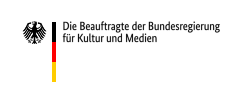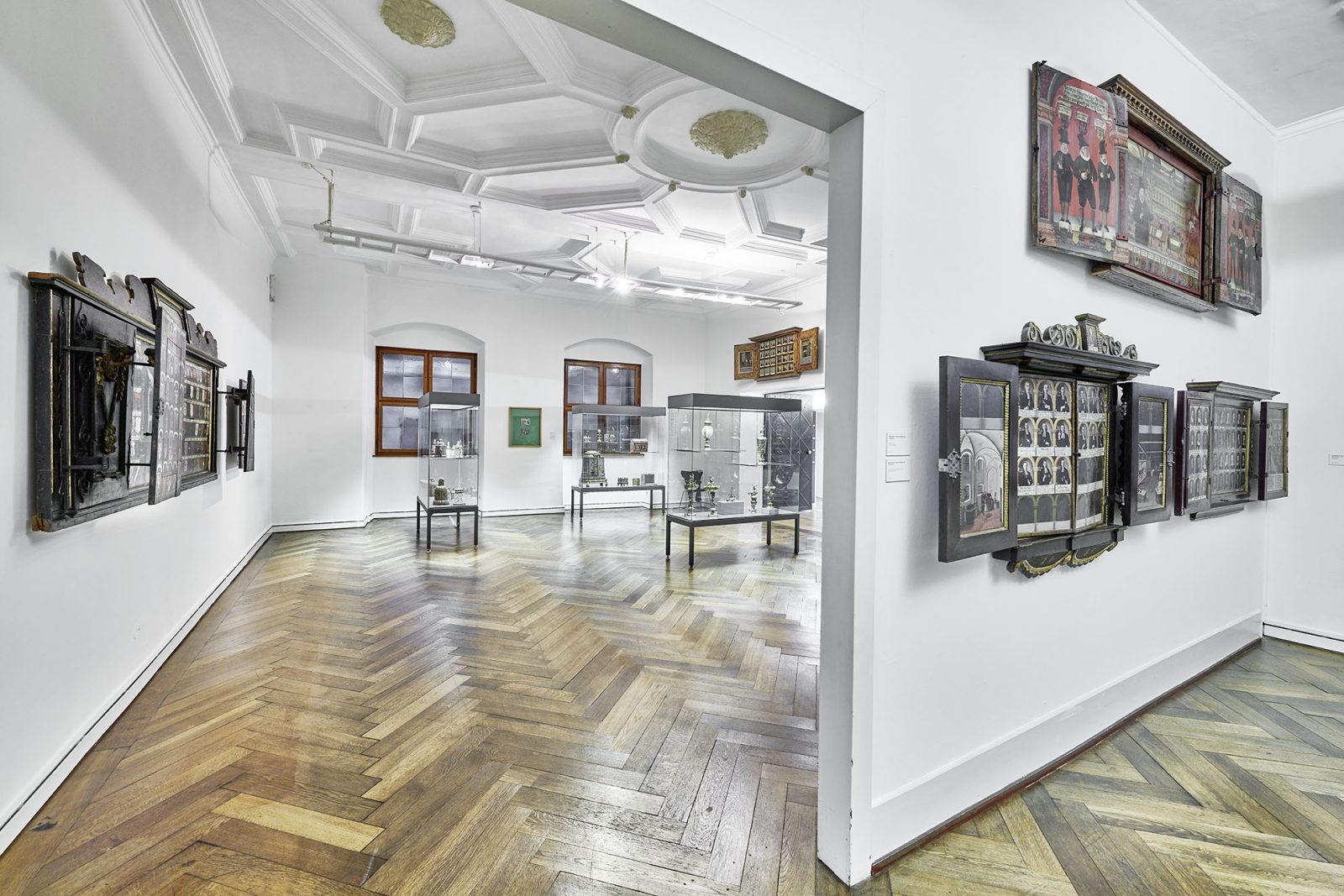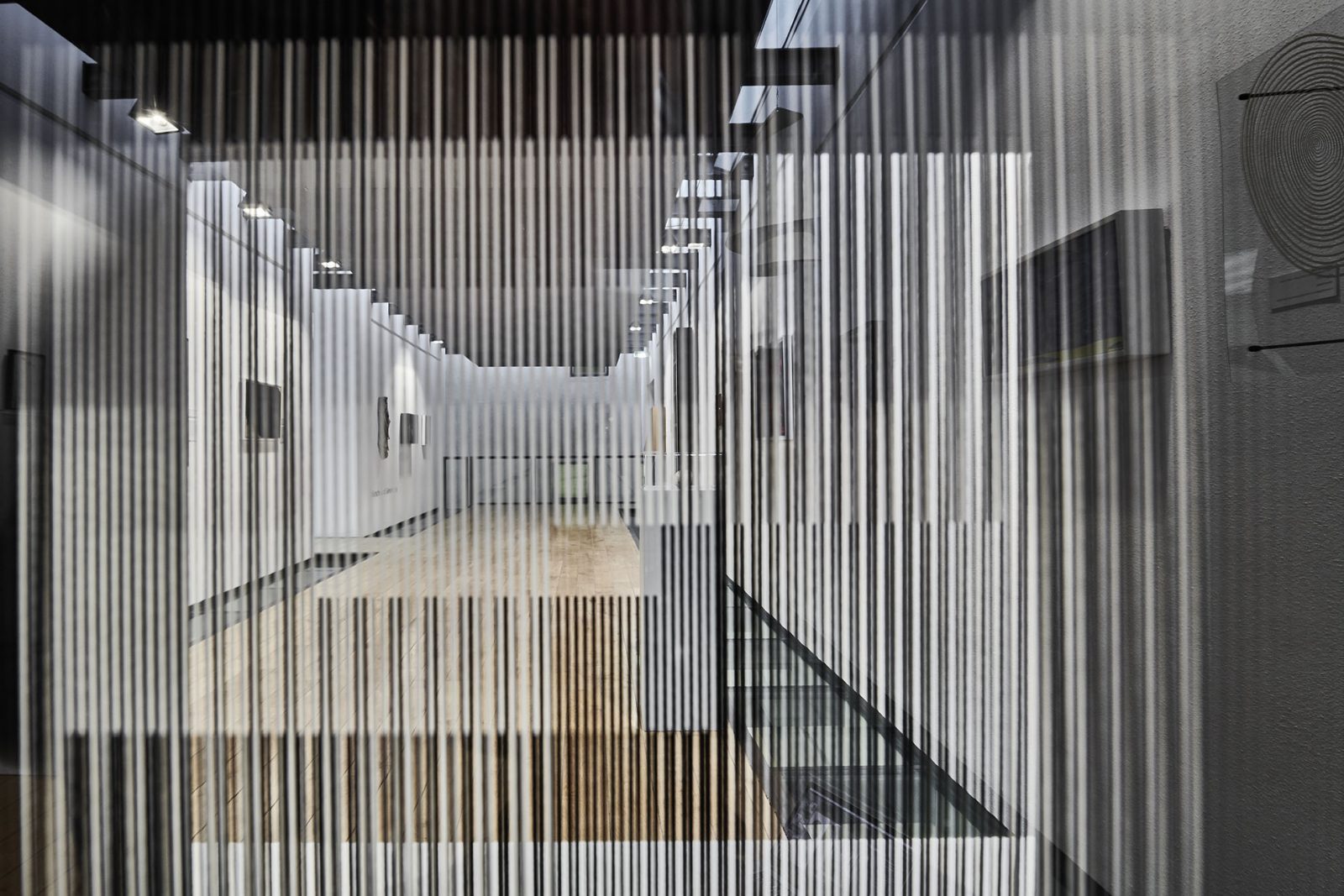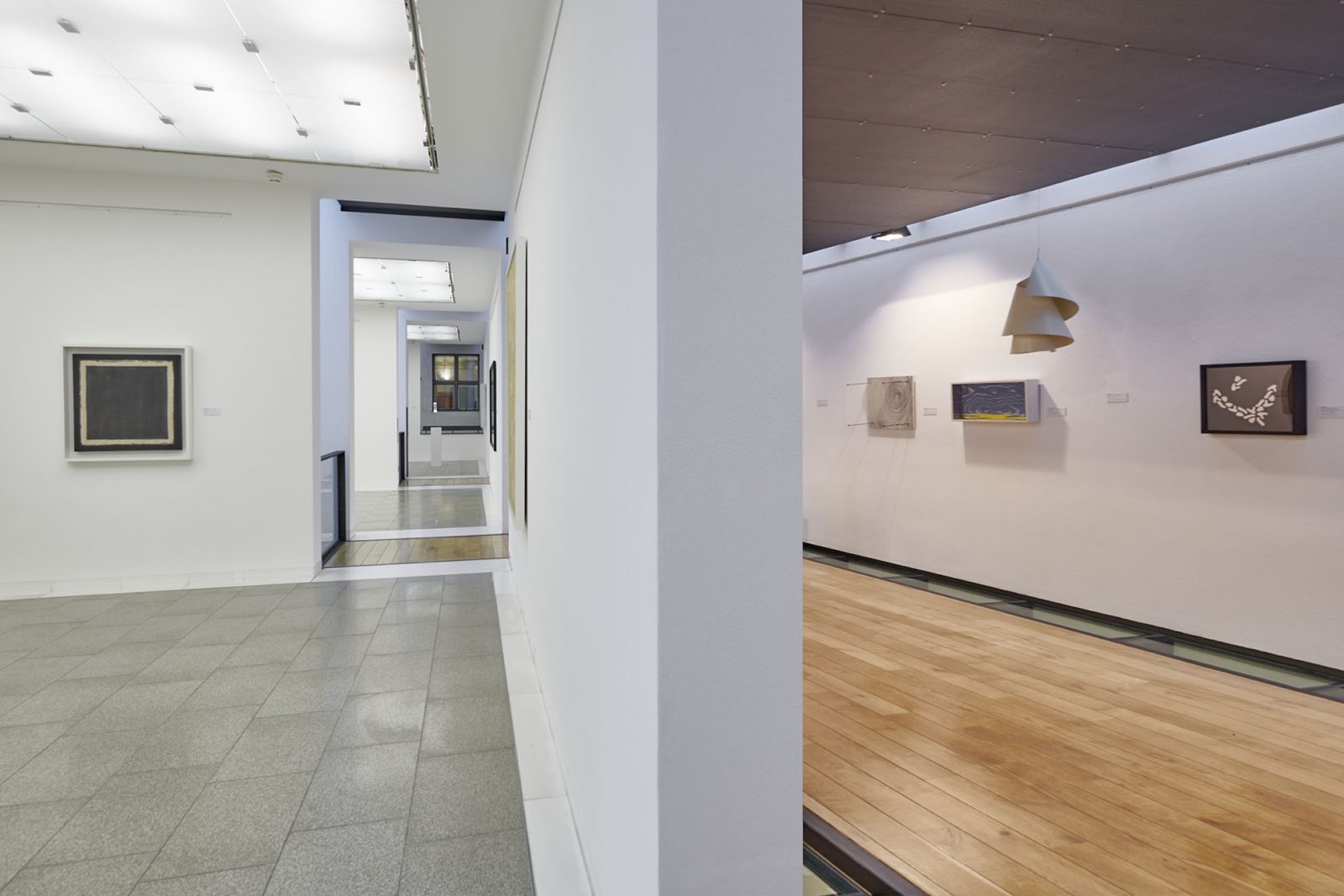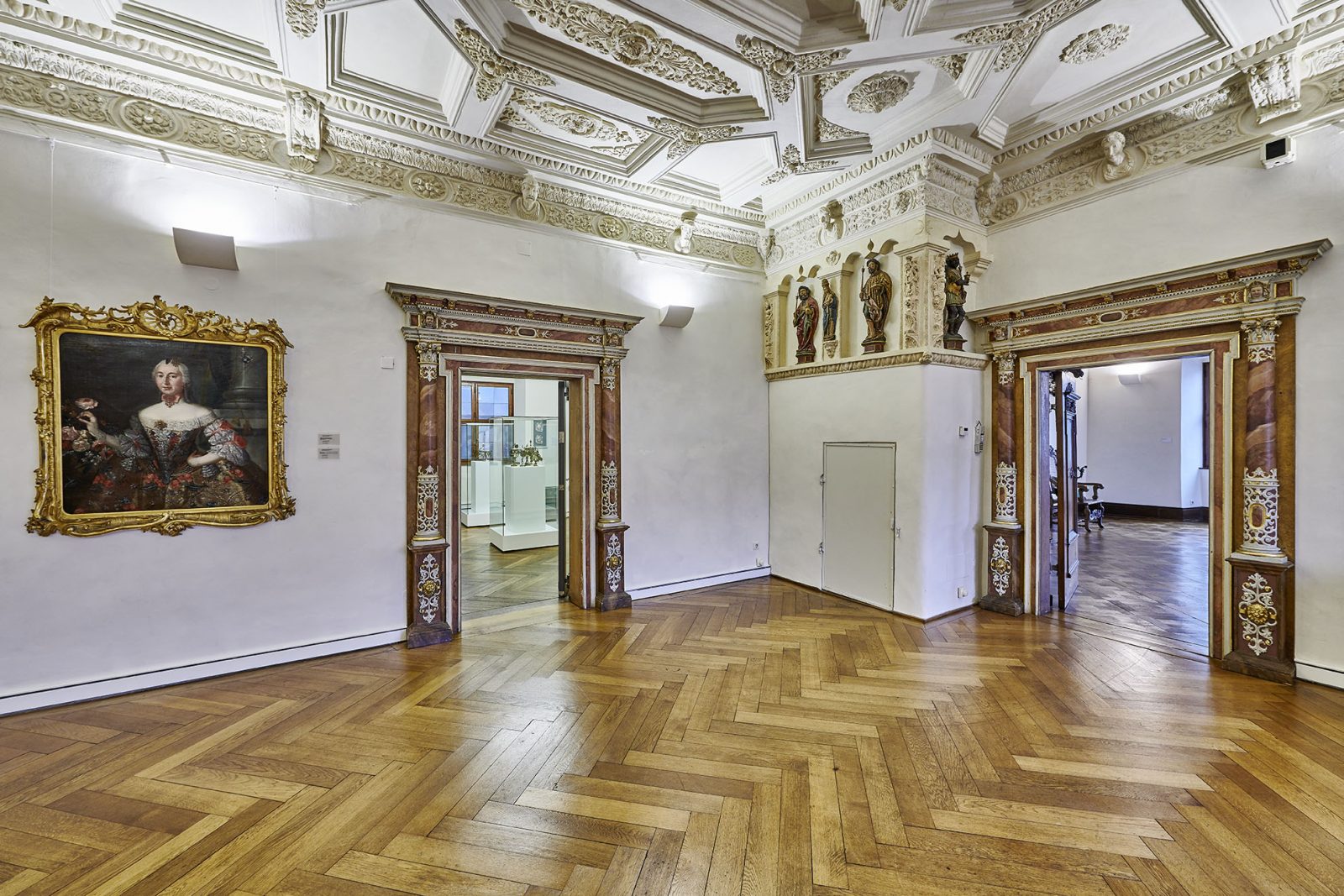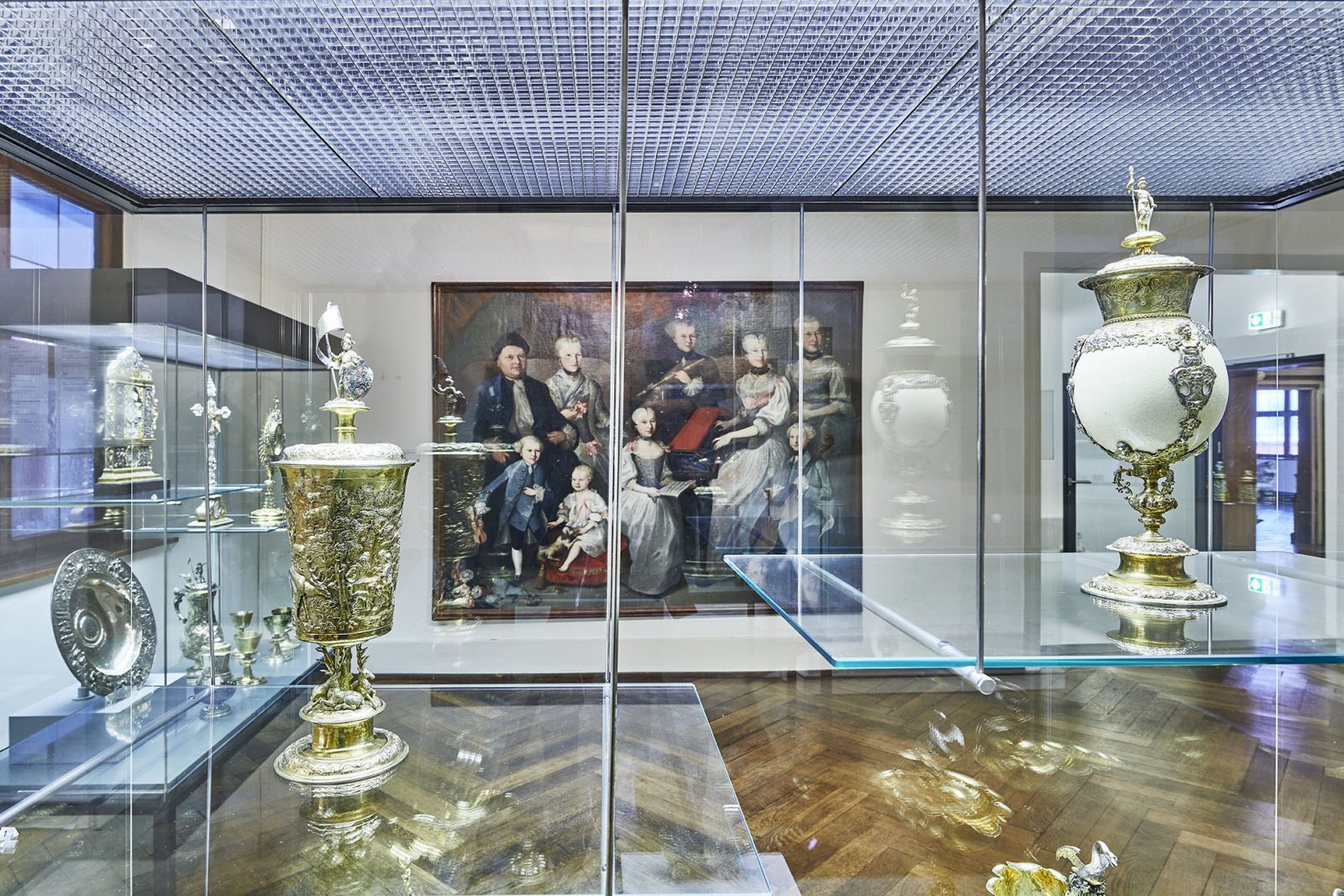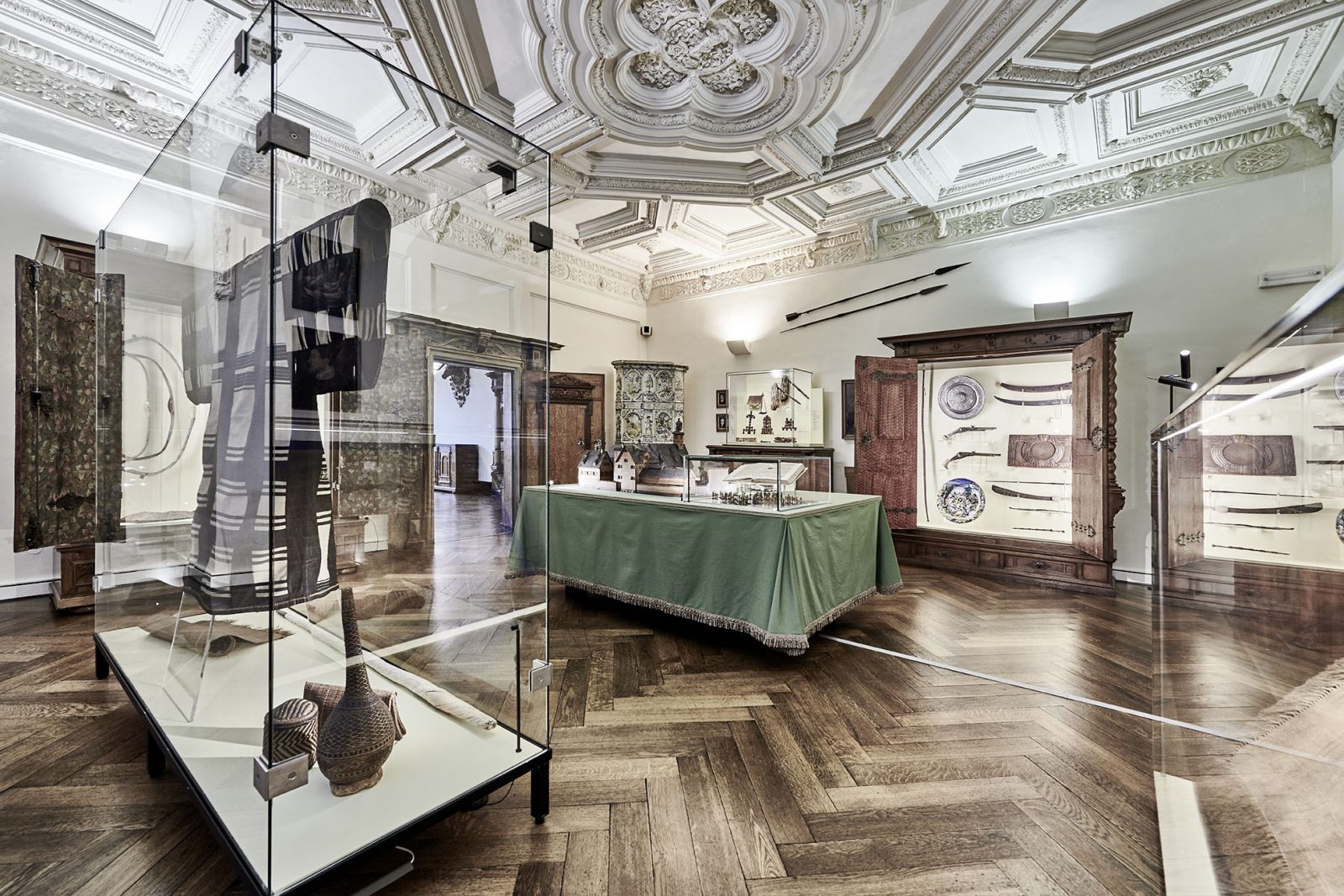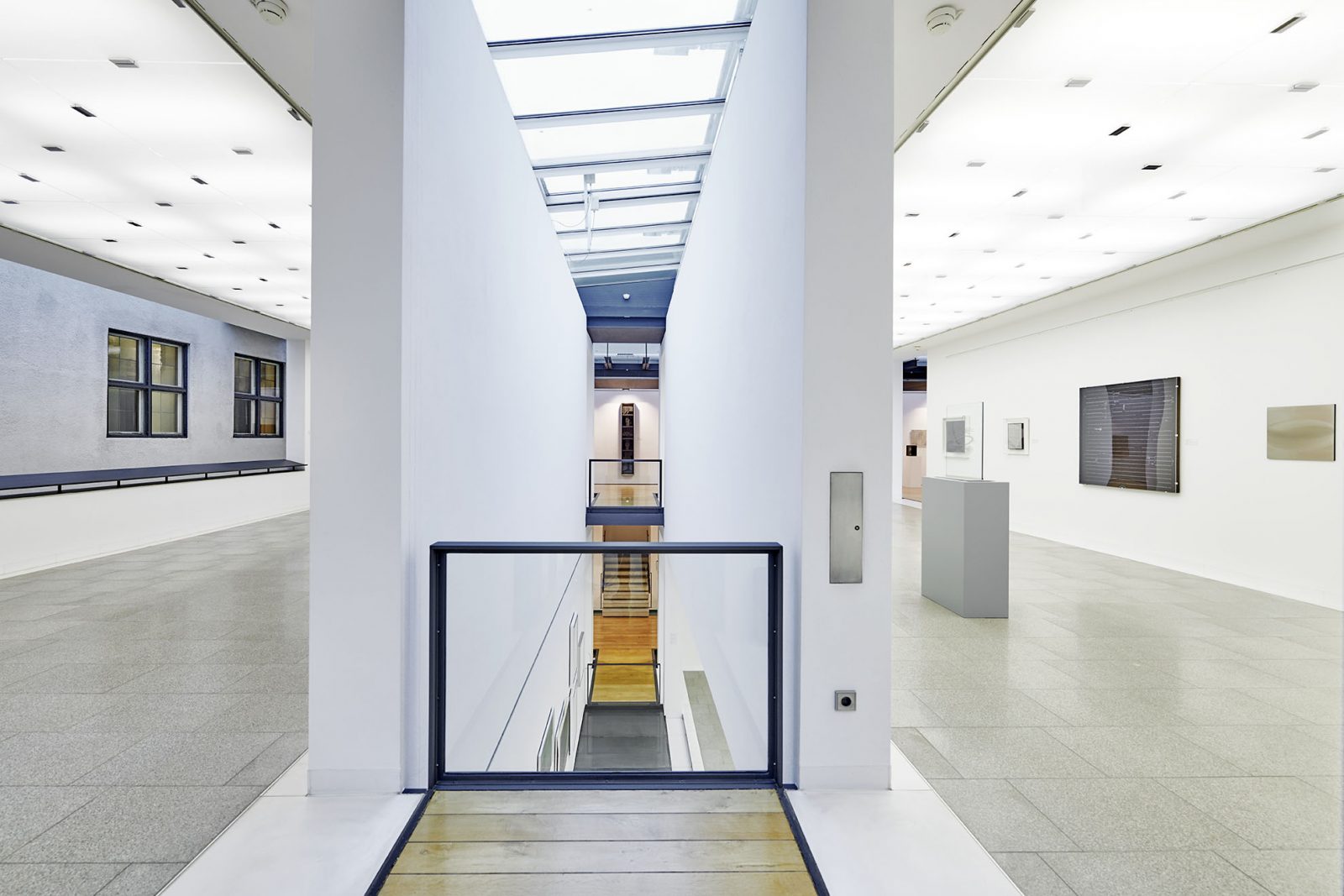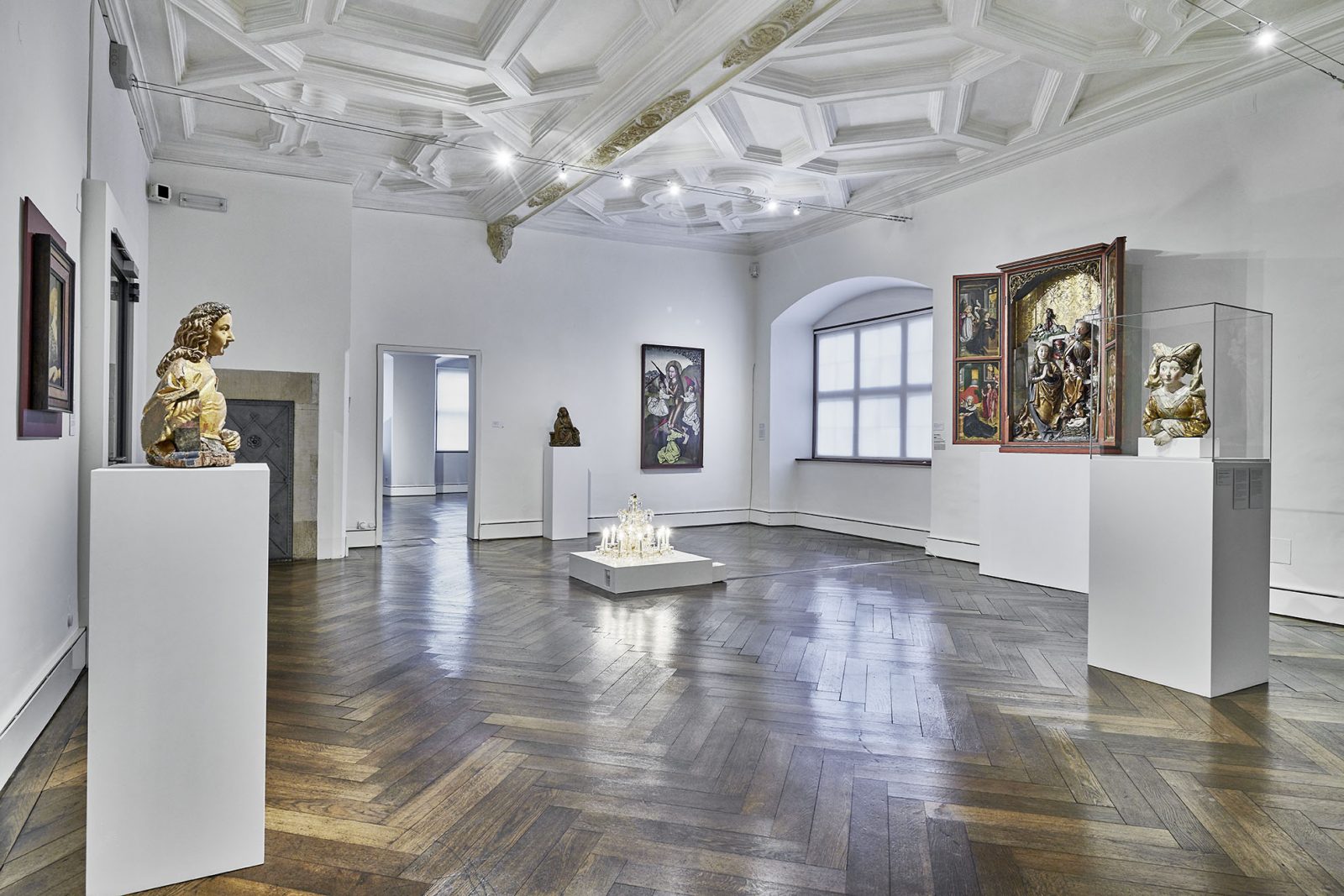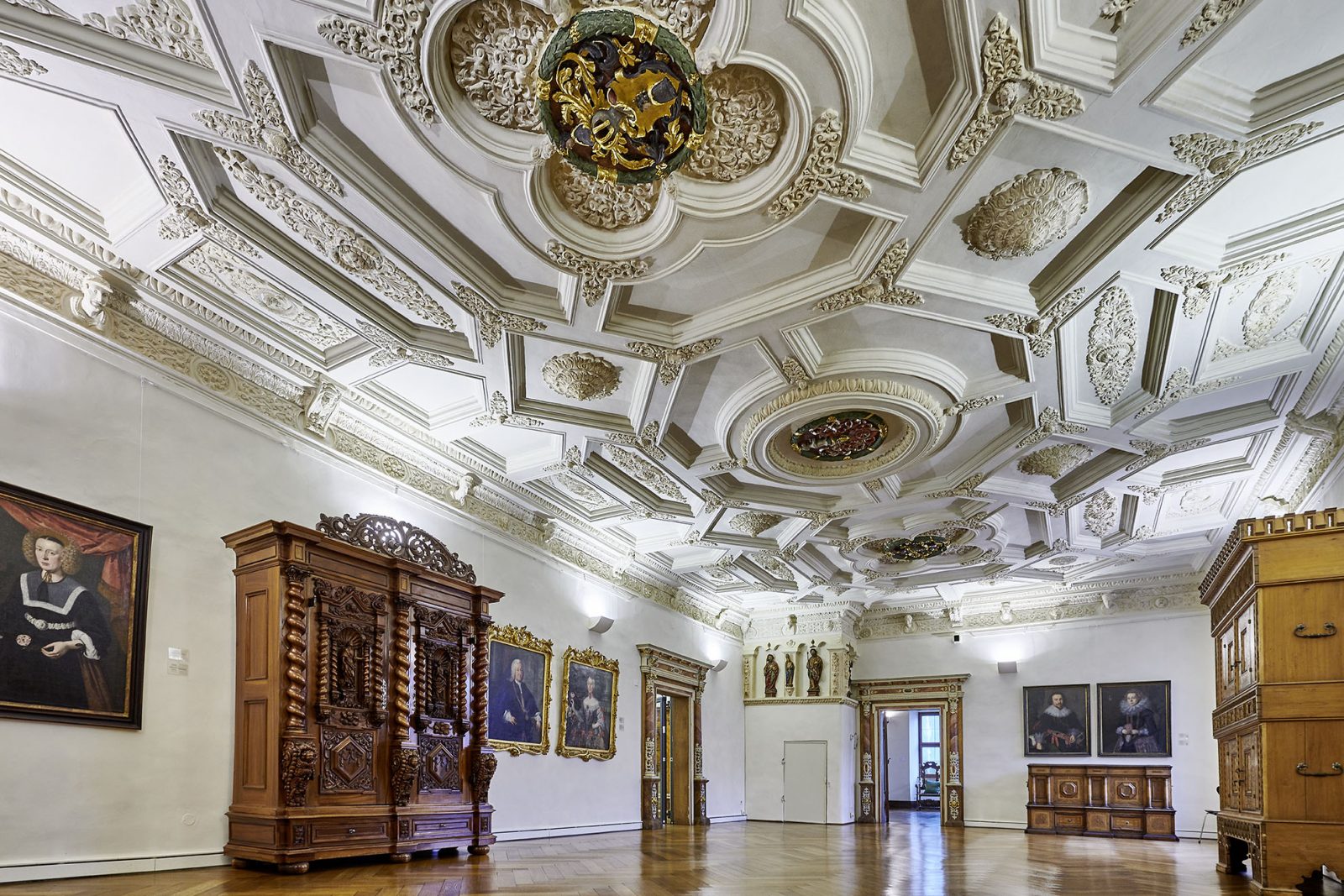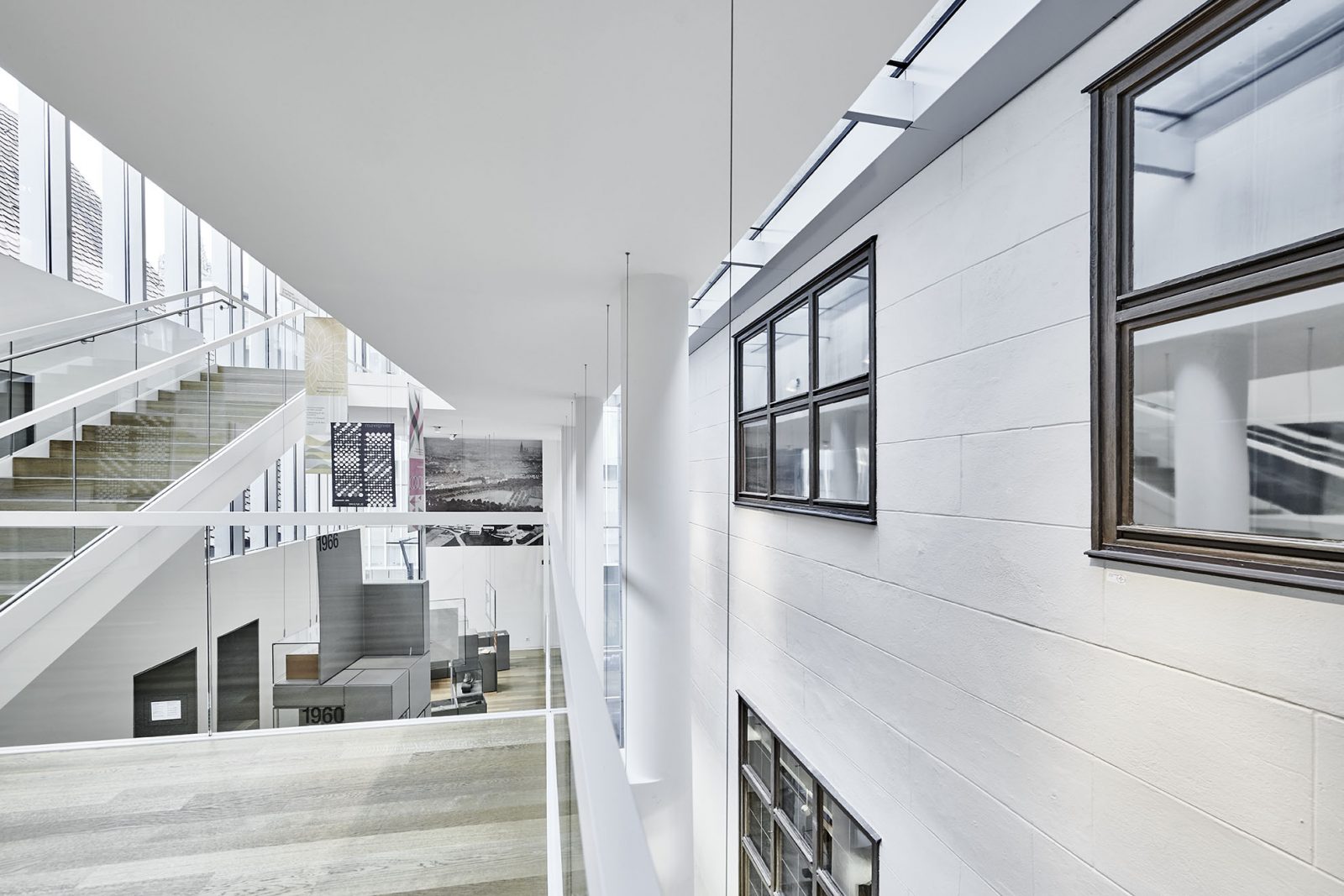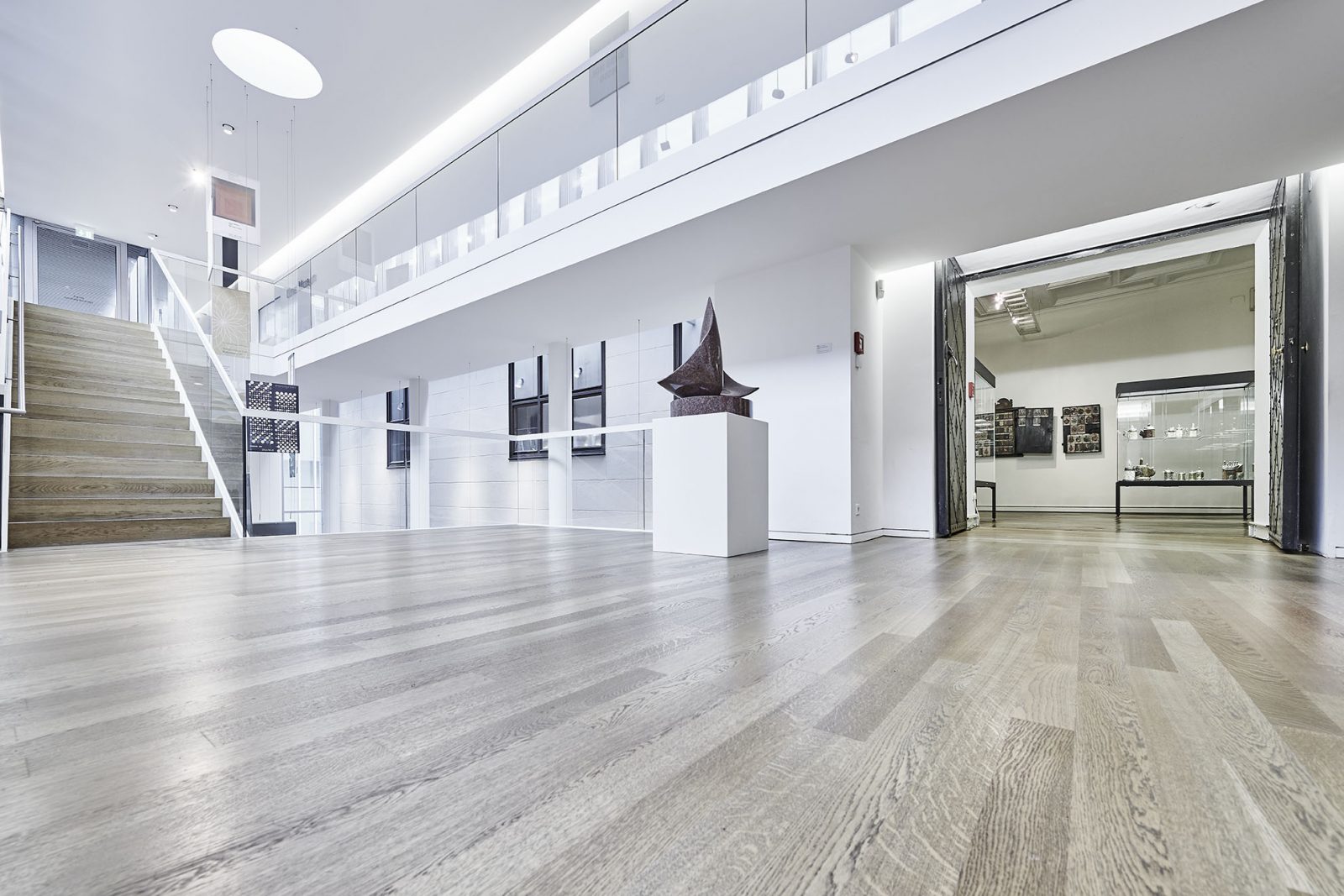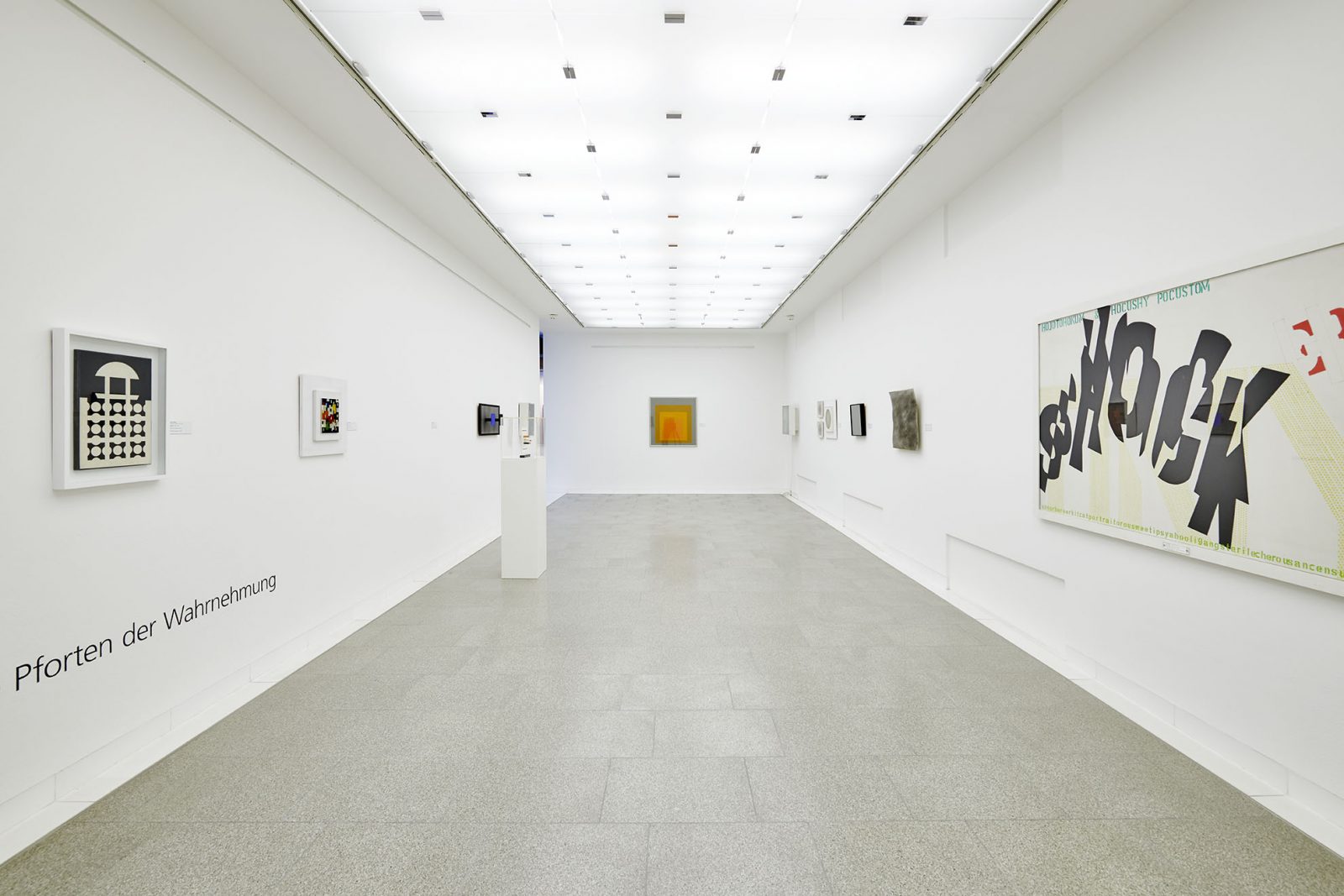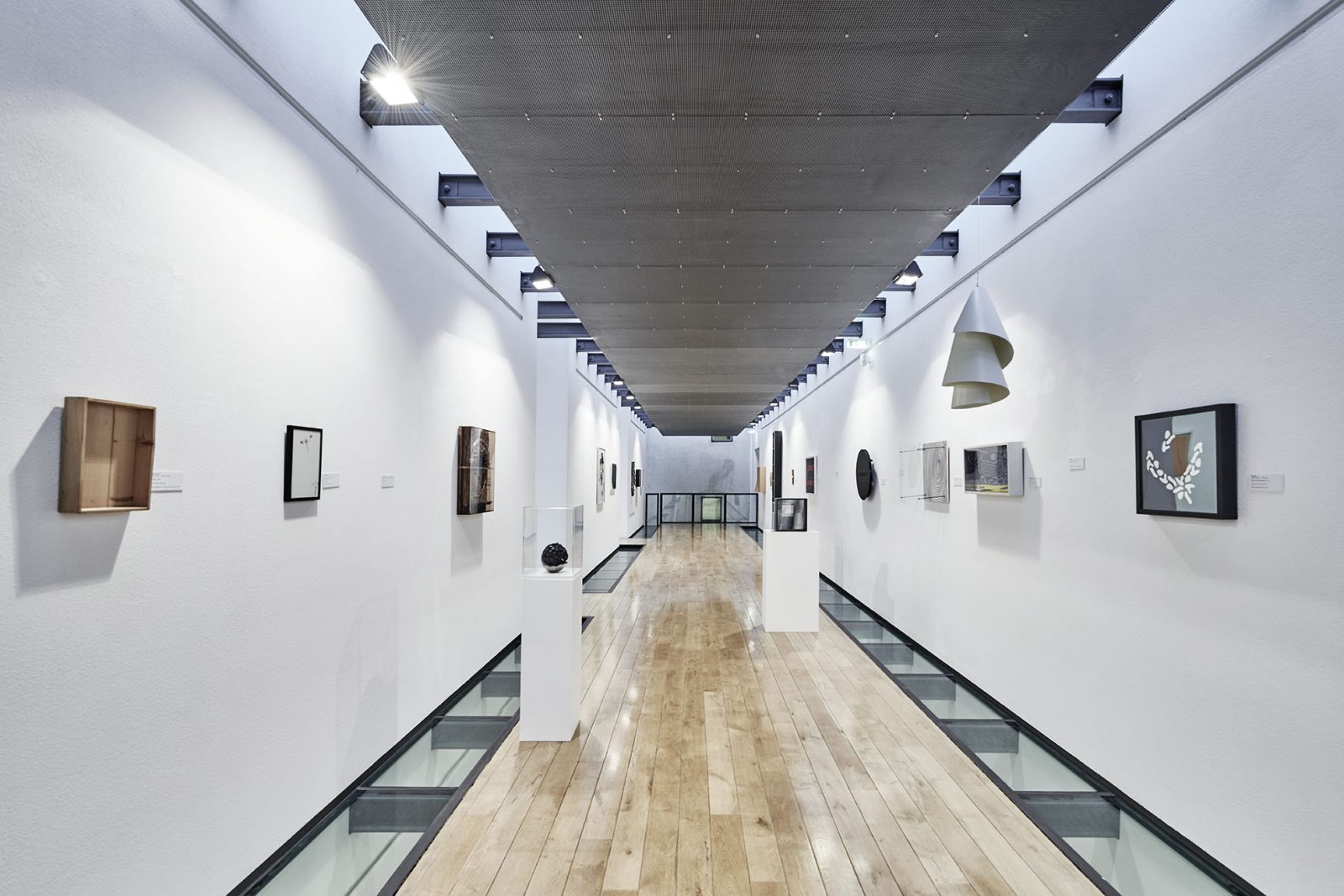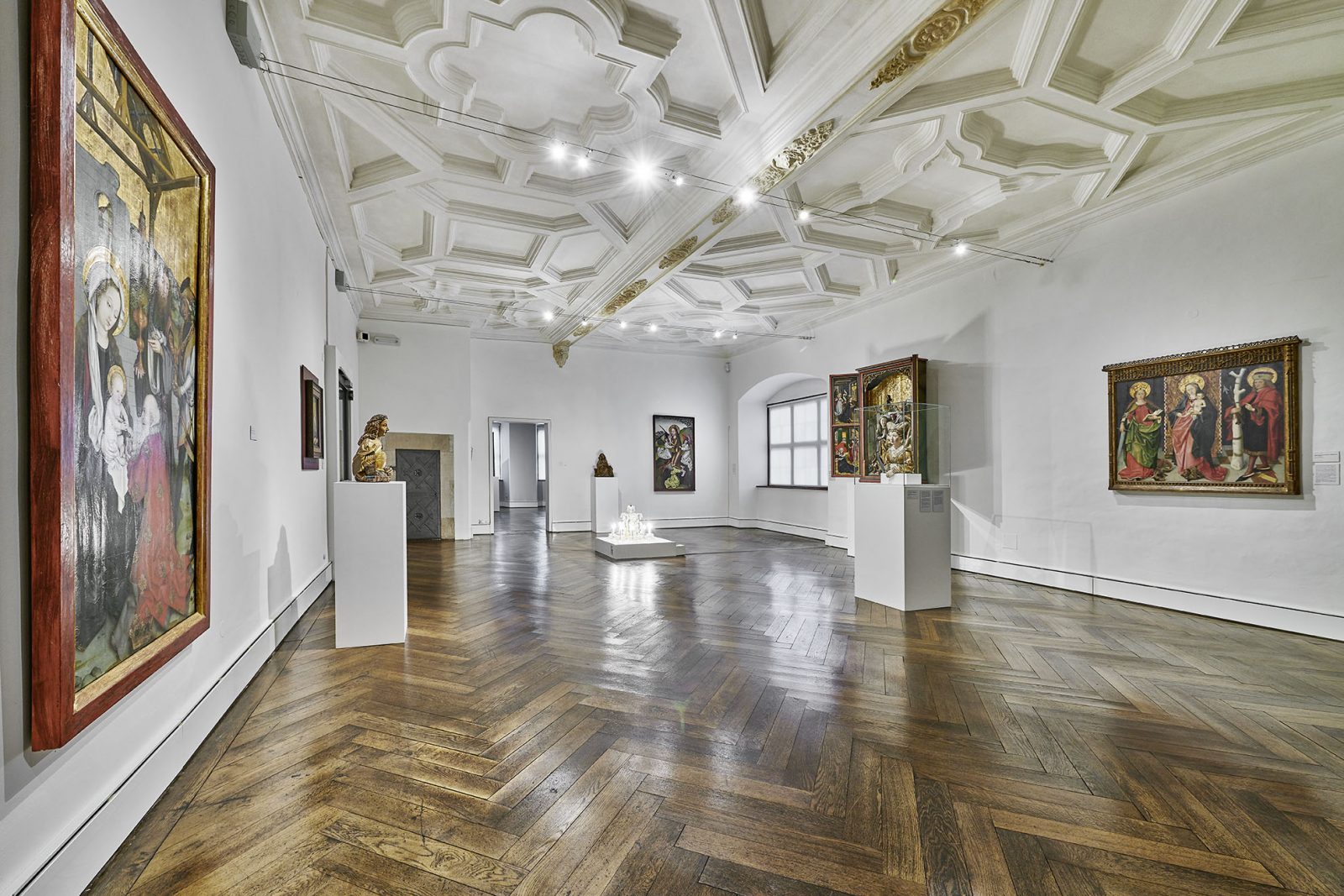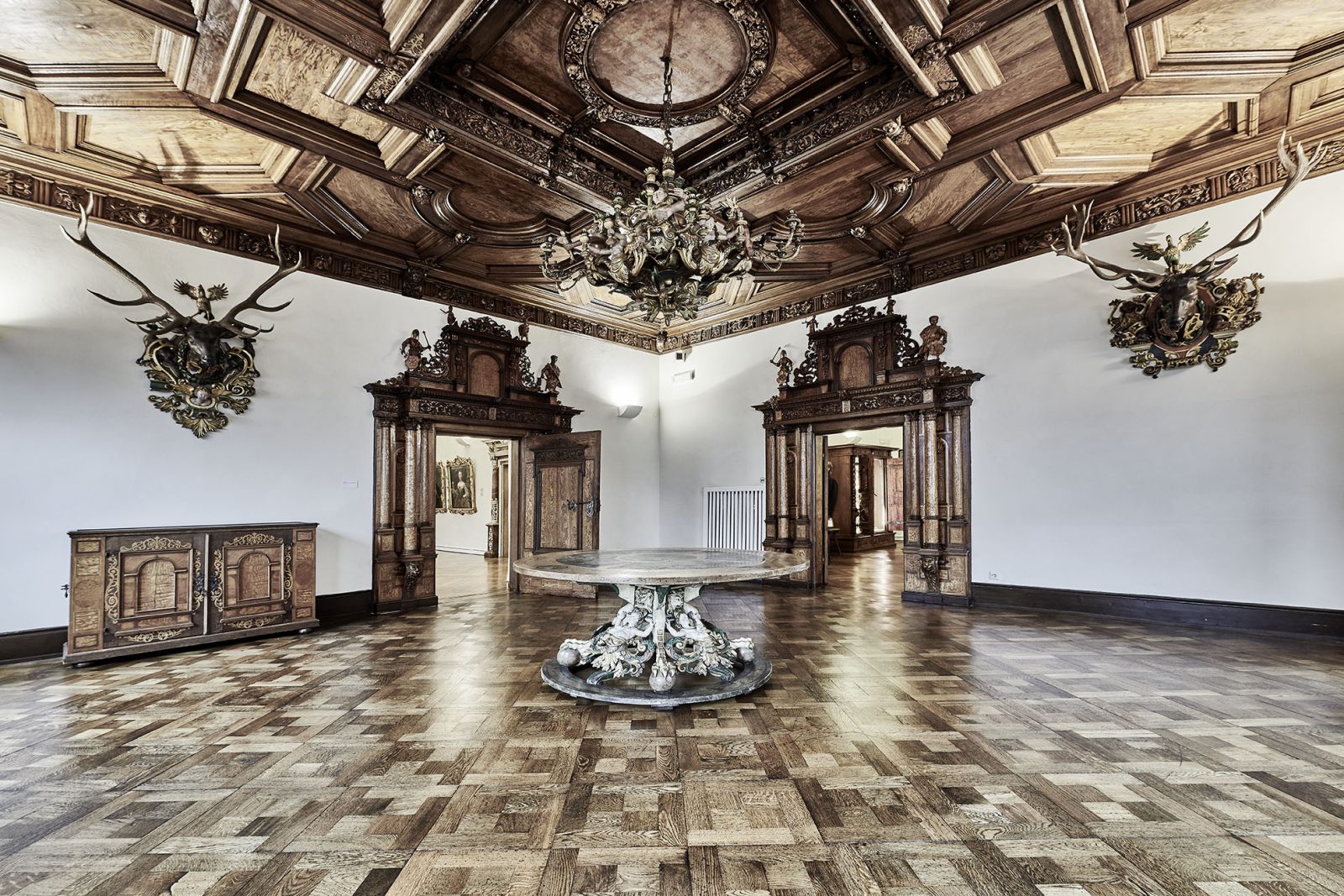nextmuseum.io
nextmuseum.io is a cross-institutional digital community platform for various interest groups. Everybody can participate and discuss the conception of exhibitions and the development of experimental approaches.
Co-curation and co-creation for more democracy in the art scene
Digitalization and social development are accelerating the transformation of museums and cultural institutions. They are increasingly becoming interactive places of communication, integration and knowledge transfer. Therefore we reflect with the community upon the question how the museum of the future should look like and which digital features are required. Together we want to rethink and redefine the museum. With the aim of developing new formats and digital prototypes for education, mediation and communication, we are testing on nextmuseum.io the curating of exhibitions by crowd intelligence.
Curators, artists and other interested parties are invited to submit their own exhibition ideas and artworks online and to participate on website and chats. The platform offers institutions the technical base to realize easily collaborative exhibitions in their own houses. In addition, online talk sessions with international curators, technologists and experts are organised and streamed regularly.
Join us now on www.nextmuseum.io
nextmuseum.io was launched in July 2020, among others with open calls from NRW-Forum Düsseldorf and Museum Ulm for exhibitions planned in 2021.
nextmuseum.io is a joint project of NRW-Forum Düsseldorf/Kunstpalast Düsseldorf and Museum Ulm, funded by the Digital Fond in the Digital Culture Programme of the German Federal Cultural Foundation. The four-year experimental cooperative research project is one of 15 selected digital projects. With the “Digital Fund – Digital Transformation in Cultural Institutions” in the Digital Culture Programme, the Federal Cultural Foundation supports the development and implementation of digital projects of publicly funded cultural institutions. More information on Digital Fund
Cooperation with
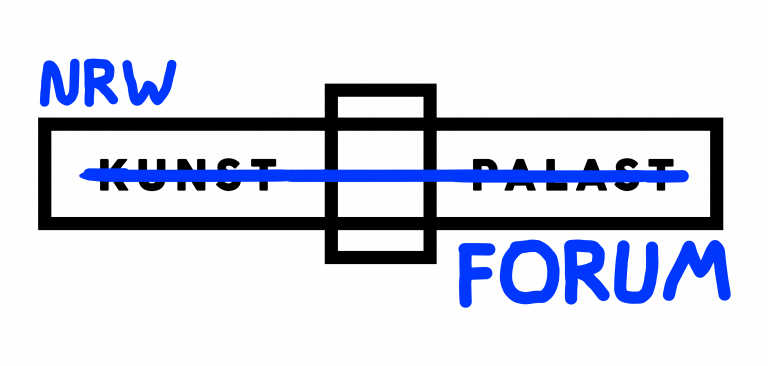
Funded by the Digital Culture Programme of the German Federal Cultural Foundation
